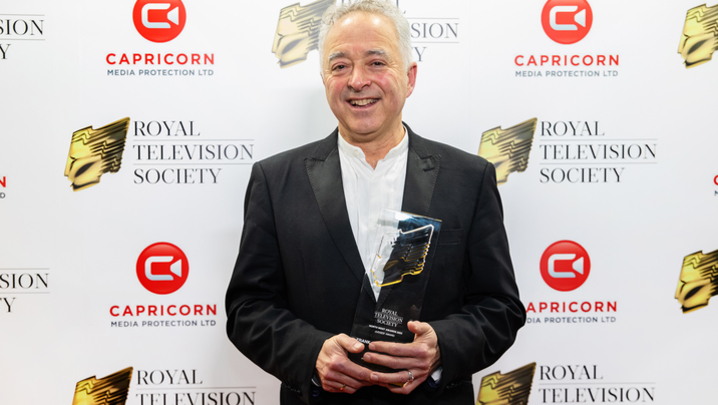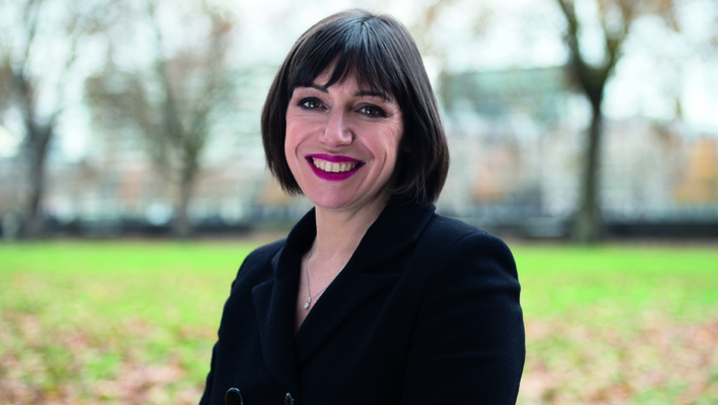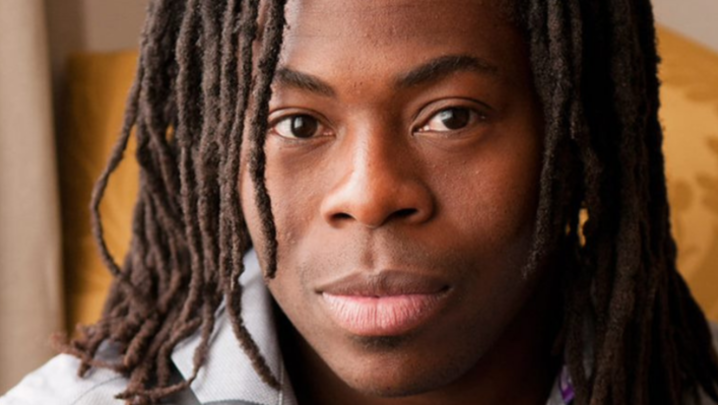Screenwriter Dan Sefton deals with bereavement and attempted suicide when he puts his pen to one side and returns to A&E
Saturday morning, 7:00am. Heading into the weekend shift on my motorbike. A small bonus of returning to the NHS is having permission to ride to and from work.
I scoot past a small herd of red deer grazing by the side of the road, tempted down from the hill by the empty roads and the promise of sweet verge grass. An almost perfect post-apocalyptic visual.
As a rural motorcyclist, I fear deer more than anything else, convinced my ultimate fate is to be speared by a stray antler as I whizz around a blind corner at full lean. Thinking of the NHS, I slow down a bit.
Over at the Emergency Department, the phoney war is in full swing. It’s quiet, too quiet. However, no one ever says the Q word out loud, so alternatives are used. Apart from a steady stream of Covid-19 patients, most people are avoiding the hospital.
The talk is of people dying at home, too scared to attend for the common or garden things we can actually treat.
One of our healthcare assistants, Paula, has volunteered for the Nightingale unit in Bristol but hasn’t been called up yet. She’s fuming at this injustice.
Paula always has an opinion on TV and is a good and fearless critic. It’s nice to be reminded of how people really consume television. They’re smart and they want to be entertained. But it’s not life and death.
I see a man in his seventies with a swollen leg. He has had a probable deep-vein thrombosis for over a week but hasn’t attended until now. Going untreated that long risks complications. I start him on the correct medication and chat to him.
The nice thing about a slow day is that you can give each patient the time they deserve. Usually, the department exists on the verge of panic. Bedside manner is a luxury.
He informs me that his wife of 50 years died two weeks ago. He almost breaks down when telling me about it, but then catches himself just in time and reverts to pleasantries. A very English reaction. For me, it’s almost worse that way.
When I get home, my neighbour is waiting for me – complete with isolating facemask and apologies. She’s got a nasty splinter under her fingernail and can’t get it out. Agony.
Luckily, I have the tools to remove it, including the essential local anaesthetic. As I extract the offending jag, I’m aware of the strange coldness that comes over me when having to inflict discomfort for the greater good. As a doctor, you become used to the necessity of it. The buck stops with you. Tough calls have to be made.
Watching the politicians on the news that evening, I sense they aren’t used to this feeling.
People often ask me why so many ex-professionals become successful TV writers? I’m more and more convinced it’s due to the ability to work hard and persist with something that is difficult.
So many people dream of being a screenwriter, but the reality is surprisingly hard – brutal, even. Some days, it feels like it basically consists of people who are unable to do your job telling you exactly where you’ve gone wrong, independent of any success you might have had.
Sometimes being a doctor feels like a holiday.
Having said that, I’m struggling a bit with the episode of The Good Karma Hospital I’m working on.
Experience tells me I’ll get there, but it doesn’t really ever get any easier. My ex-agent, Nick, once told me that, one day, I’d be able to “knock these things out”, but that writing nirvana has never materialised.
Part of me suspects that’s why I’m still working. Nick died a few years ago. He had a long-term condition that we talked about a lot. Knowing the prognosis meant that I suspected he would die young a long time before he did. That knowledge can weigh quite heavily.
It happened to me again recently – another friend who died of cancer. After 20 years as a doctor, I feel like I know Death quite well. Not a friend, exactly, but certainly as an acquaintance.
It’s very noticeable that so many people are very shocked by the consequences of the virus. For many, mortality has never been a big consideration before. But you can get used to anything.
Next day in the Emergency Department I see a woman in the middle of having a breakdown, her anxiety and depression skyrocketing due to the lockdown.
She has drunk half a bottle of bleach and put a bag over her head in an attempt to kill herself. Luckily, household bleach and a “bag for life” is pretty ineffective as a method.
Attempted suicide is a pretty common presentation. Most don’t really mean it. The ones who really want to die do it in private. In my previous life as a forensic medical examiner, I had to certify a couple of domestic hangings.
They were moving. Quiet desperation is more common than people think. And it’s usually men, middle aged and feeling useless.
My woman is admitted back to the same mental health ward she left 10 years ago. Chalk another one up to the lockdown.
A long time ago, I was asked by a channel controller why the hell I wanted to write TV when I could be a doctor instead?
I knew, even then, that simply making people better wasn’t a totally satisfying end in itself. Life is more than existence. People need art, films, sport, comedy, TV (I draw the line at theatre).
Otherwise, life isn’t really worth living. I wanted to contribute my own bit to that effort. It seemed like a good answer, but he still didn’t commission the show. I got over it.
Not sure what he’s doing now, either dead or in America, one of the two.
After a long weekend, I watch a programme I recorded on ITV – a Euro ’96 nostalgia fest. I’d hoped it would cheer me up but, weirdly, it has the exact opposite effect. Life really did seem better then, before coronavirus, terrorism and Facebook.
On the news, the politicians still veer between terrified and incompetent, the NHS steadfastly tough and heroic. Three lions led by donkeys?
Dan Sefton’s credits as a screenwriter include Trust Me and The Good Karma Hospital. He is the co-founder of Seven Seas Films.
If you are suffering mental health problems, the Samaritans can be reached on 116 123 and jo@samaritans.org







